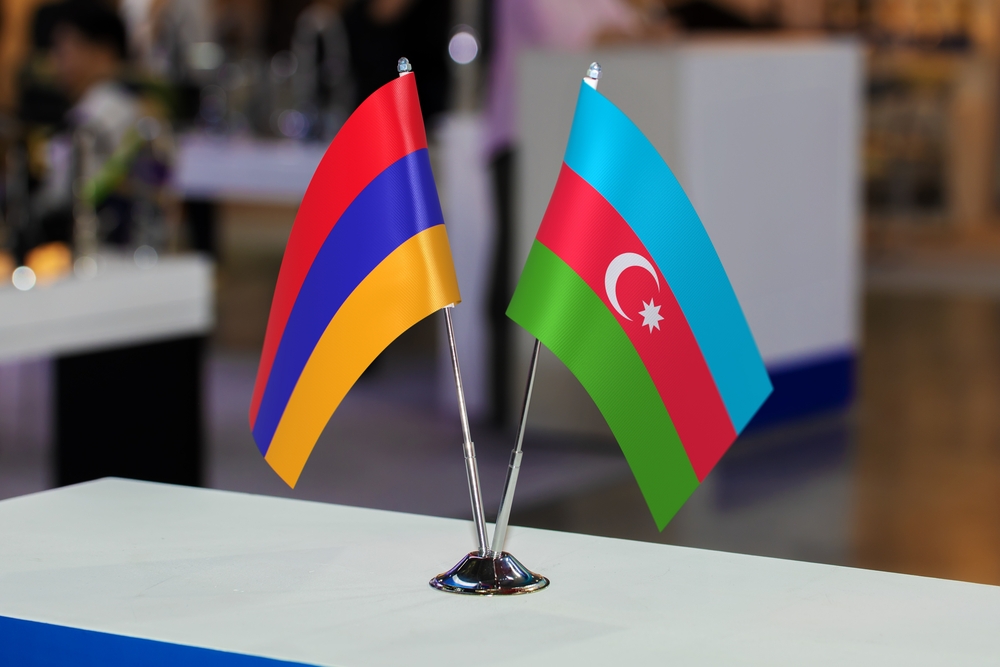
© hodim/SHutterstock
As negotiations between Armenia and Azerbaijan appear to have stalled, border commissions from both sides met on 30 November. However, it remains unclear whether the meeting was nothing more than symbolic
On 30 November, Armenia and Azerbaijan held the fifth meeting of their border delimitation and demarcation commissions, formed in May last year and headed by deputy Prime Ministers from both sides. The first and fourth meetings had also been held on the border, with two in-between held in Moscow and Brussels respectively. At the last one, in July, the decision was taken to hold all future meetings on the border.
There were few expectations about the meeting, however. As Armenia and Azerbaijan appear to grow even further apart on the issue of normalising relations with an agreement initially expected at the end of last year still elusive, higher level talks appear to have stalled following a particularly catastrophic 2023. It is also believed that there remains disagreement over which Soviet-era maps are used for demarcating and delimiting the border. The issue of enclaves remains as well.
But there is another concern – that the border commission meeting was nothing more than symbolic.
Indeed, Azerbaijan’s President Ilham Aliyev now seeks to continue actual negotiations with his Armenian counterpart, Prime Minister Nikol Pashinyan, anywhere but Brussels or Washington D.C.. Baku instead prefers to continue them within the region either through the little-known 3+3 (2) platform or in Tbilisi. Meanwhile, Yerevan will only agree on Western-backed platforms while also strengthening its relations with the European Union.
Earlier this month Baku also cancelled a meeting between the two Foreign Ministers scheduled to be held as a continuation of bilateral talks in Washington D.C. on 20 November. On the same day, Baku instead invited Yerevan to hold talks either on the border or at a “mutually acceptable” location. The following day, Yerevan only said that the bilateral border commissions could meet on the boundary between the two countries.
Later that evening, Azerbaijani media reported that Baku had accepted.
However, this is likely not what it had hoped for. At the same time as Yerevan announced the 30 November border talks, it again stated that high-level negotiations would only continue through the Brussels Platform facilitated by Charles Michel, something that Azerbaijan appears reluctant to agree to. Yerevan hopes that a statement issued in Granada without Baku’s consent will do.
With the clock ticking down on an agreement to normalise relations by the end of the year, though the potential to compromise could remain if the border commission meeting went well, fewer now believe one is possible.
A press statement released by the Azerbaijani Ministry of Foreign Affairs following the meeting simply stated that the meeting took place and dealt only with “organisational and procedural issues”.
It was also agreed to “intensify the meetings of the commissions”, something that had already been agreed at a meeting between Armenian Prime Minister Nikol Pashinyan and Azerbaijani President Ilham Aliyev in Brussels soon after the last border meeting of the commissions on 12 July. A date for the next meeting has not yet been announced.
blog comments powered by







